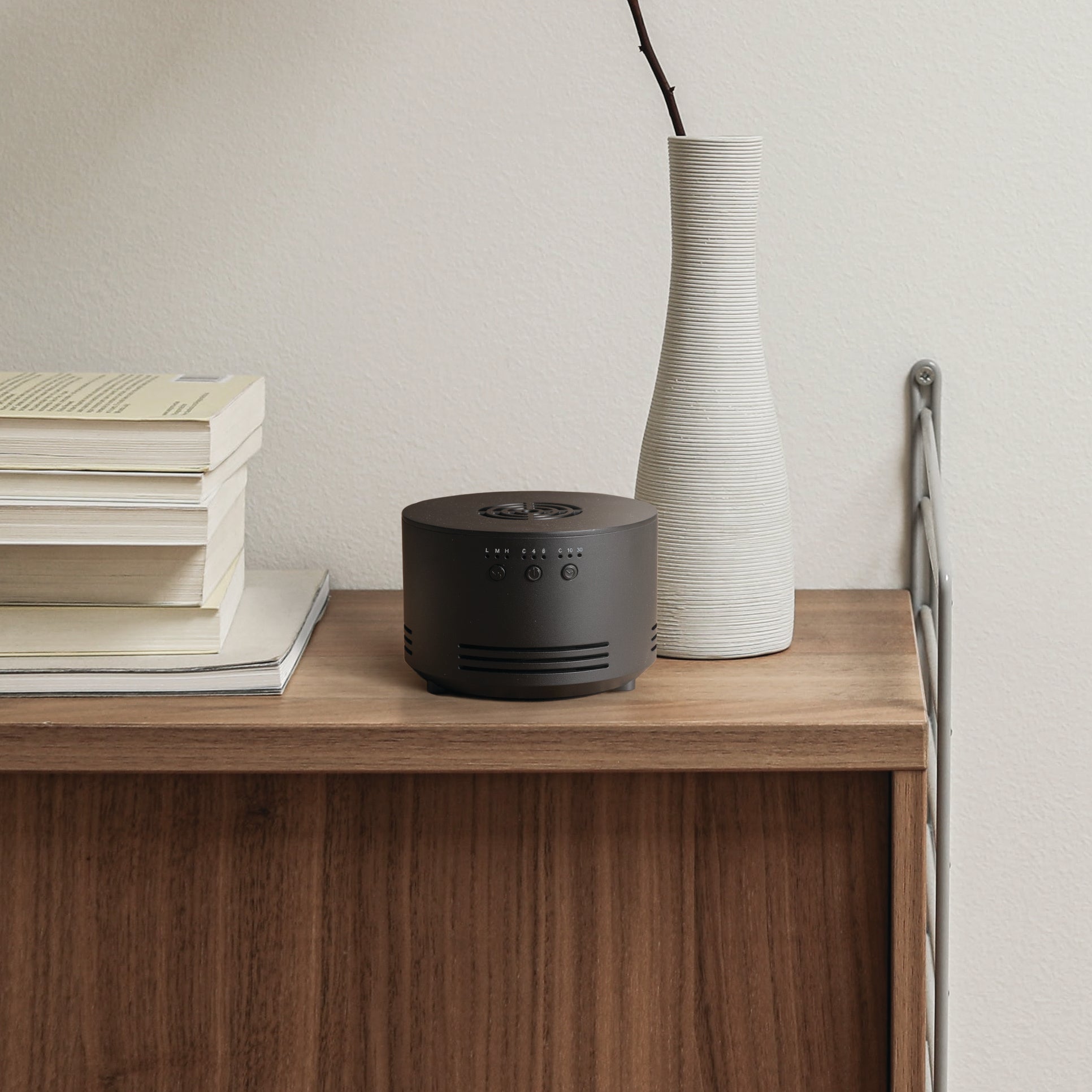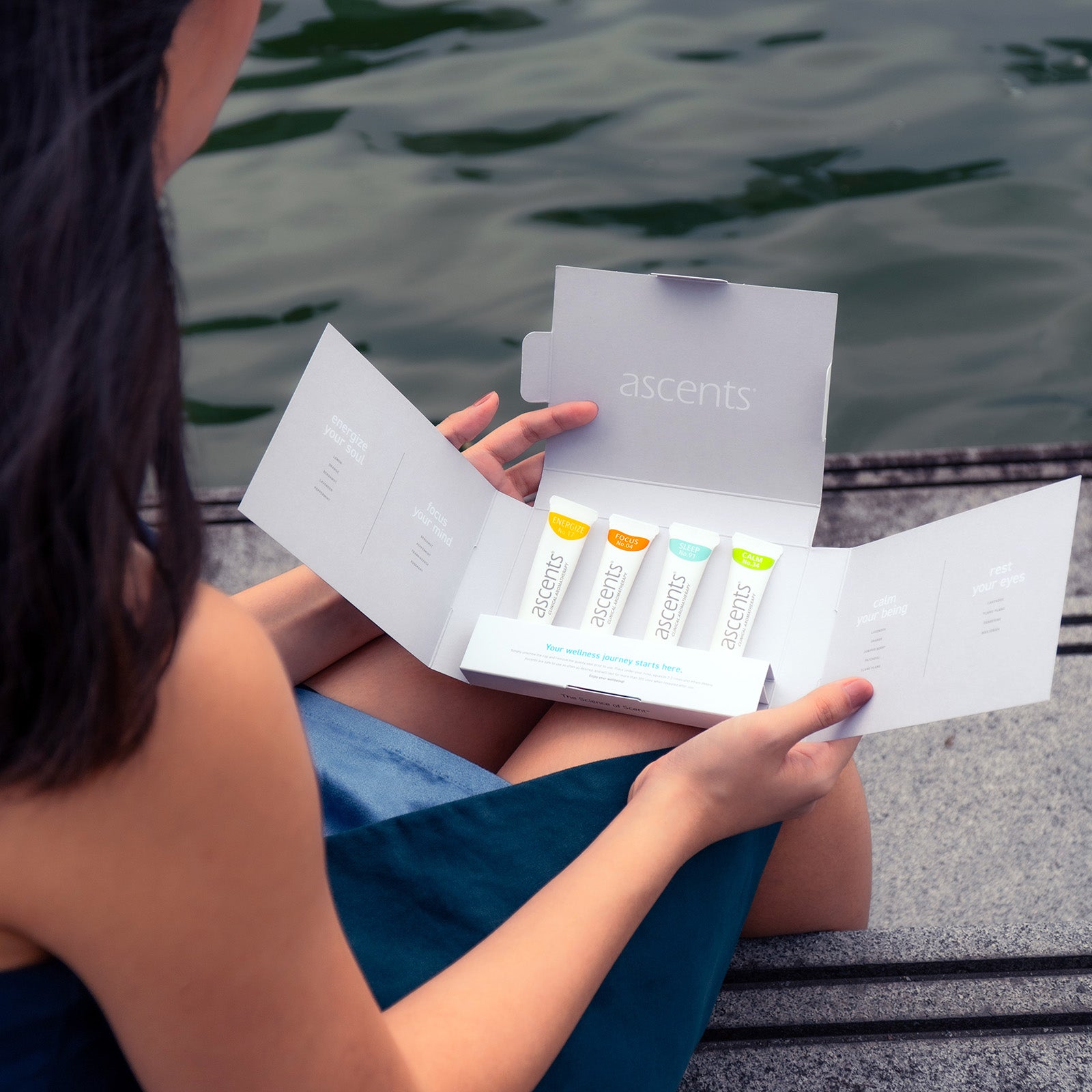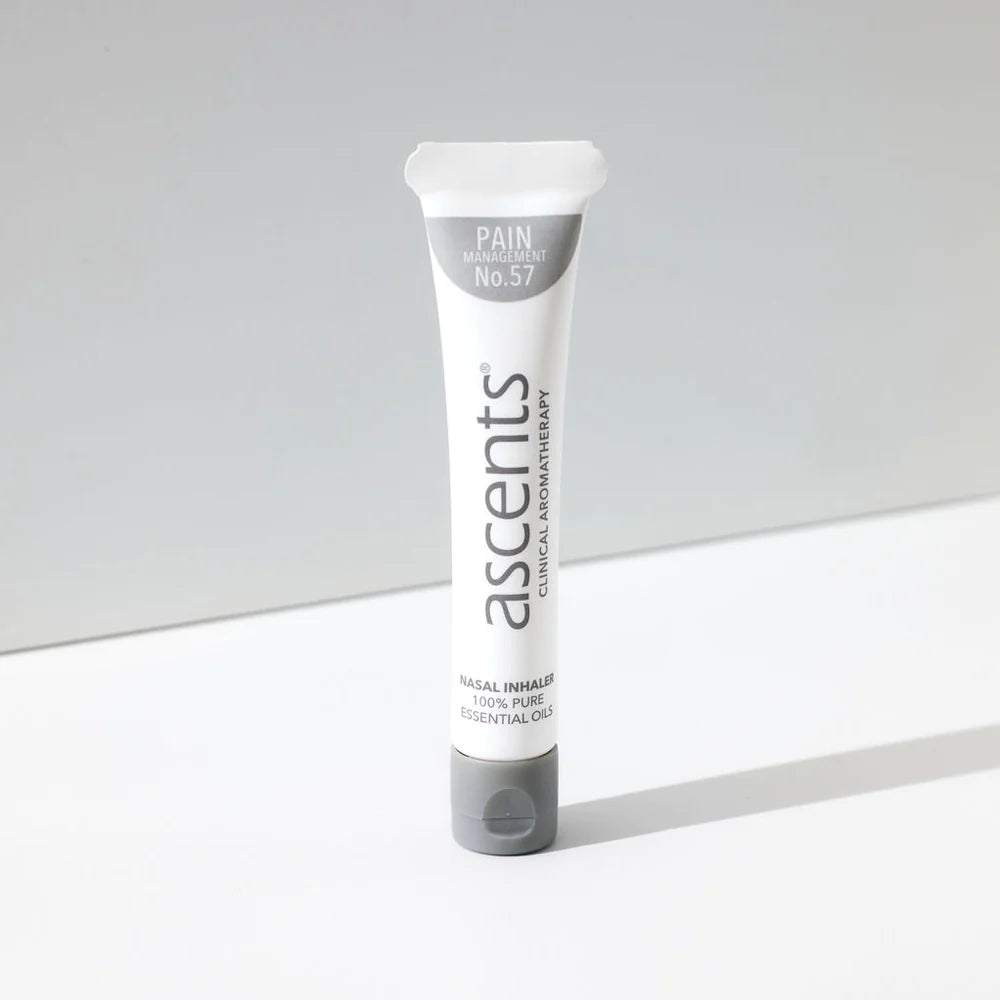
Understanding Postoperative Nausea and Vomiting (PONV)
Postoperative nausea and vomiting (PONV) is a common complication experienced by patients following surgery. Despite medical advancements and improved anesthesia techniques, up to 30% of patients undergoing surgery still suffer from PONV. While it might seem like an ordinary side effect, PONV can significantly impact a patient's recovery, leading to discomfort, delayed discharge from hospitals, and ultimately increased healthcare costs.
Causes of PONV
Several factors contribute to the development of PONV, including:
- Anesthesia Type: Certain anesthetic agents, such as opioids, are known to trigger nausea and vomiting.
- Patient Characteristics: Factors such as smoking status, history of motion sickness, or a previous history of PONV can increase the likelihood of experiencing PONV.
- Surgical Procedures: Some surgeries, especially those involving the abdomen, head, or inner ear, are associated with higher rates of PONV.
Significance and Patient Experience
PONV can be distressing for patients, impacting their overall well-being and the postoperative recovery process. Beyond the discomfort, vomiting can lead to complications such as dehydration, electrolyte imbalances, and wound dehiscence, thereby prolonging hospital stays and delaying recovery. Frequent vomiting also erodes the enamel of the teeth, due to its acidity.
Treatments and Associated Risks
Medical professionals can employ various strategies to prevent and manage PONV, such as antiemetic medications. While effective, these medications carry their own set of side effects, such as drowsiness and dry mouth, and can even result in allergic reactions. Moreover, some patients may be reluctant to take additional medications due to concerns about interactions with existing drugs or potential side effects.
Aromatherapy as a Non-Invasive Solution
In recent years, non-invasive approaches like aromatherapy have gained attention as potential remedies for managing PONV. Aromatherapy involves the use of natural plant extracts and essential oils to promote relaxation and alleviate symptoms. Clinical research in this field is on the rise, and numerous rigorous studies have demonstrated the safety and efficacy of aromatherapy for nausea and vomiting. Some of the essential oils that have significant research backing their effectiveness include ginger, cardamom, spearmint, and fennel.
Ascents Clinical Aromatherapy Products
Ascents clinical aromatherapy inhalers and wearable MRI-safe aromatherapy patches have emerged as go-to, first-line, evidence-based solutions for PONV in hospital settings. These products contain carefully selected essential oil blends that have undergone rigorous testing and research to validate their safety and efficacy in alleviating nausea and vomiting post-surgery.
Research and clinical trials support the use of Ascents clinical aromatherapy products as a safe and effective alternative or complementary method to conventional antiemetic medications. The controlled delivery of essential oils through inhalers or patches provides patients with a non-invasive, drug-free option to manage PONV, without any side-effects or habit-forming risk.
Why Ascents Products Stand Out
- Research-Backed: Ascents products are backed by scientific research validating their effectiveness in reducing PONV symptoms.
- Safety and Efficacy: These aromatherapy solutions have demonstrated their safety and efficacy in numerous clinical settings, making them a trusted choice for healthcare professionals.
- Non-Invasive: Unlike medications, aromatherapy offers a non-invasive, side-effect-free option for managing PONV, enhancing patient compliance and satisfaction.
In conclusion, PONV is a significant concern for patients undergoing surgery. While conventional treatments exist, the advent of non-invasive solutions like Ascents clinical aromatherapy inhalers and wearable patches offers a promising alternative for managing PONV effectively. Their evidence-based nature, coupled with their safety and ease of use, positions them as valuable tools in enhancing patient comfort and recovery following surgical procedures.






 Ascents Nausea Relief No. 44
Ascents Nausea Relief No. 44

Leave a comment
This site is protected by hCaptcha and the hCaptcha Privacy Policy and Terms of Service apply.